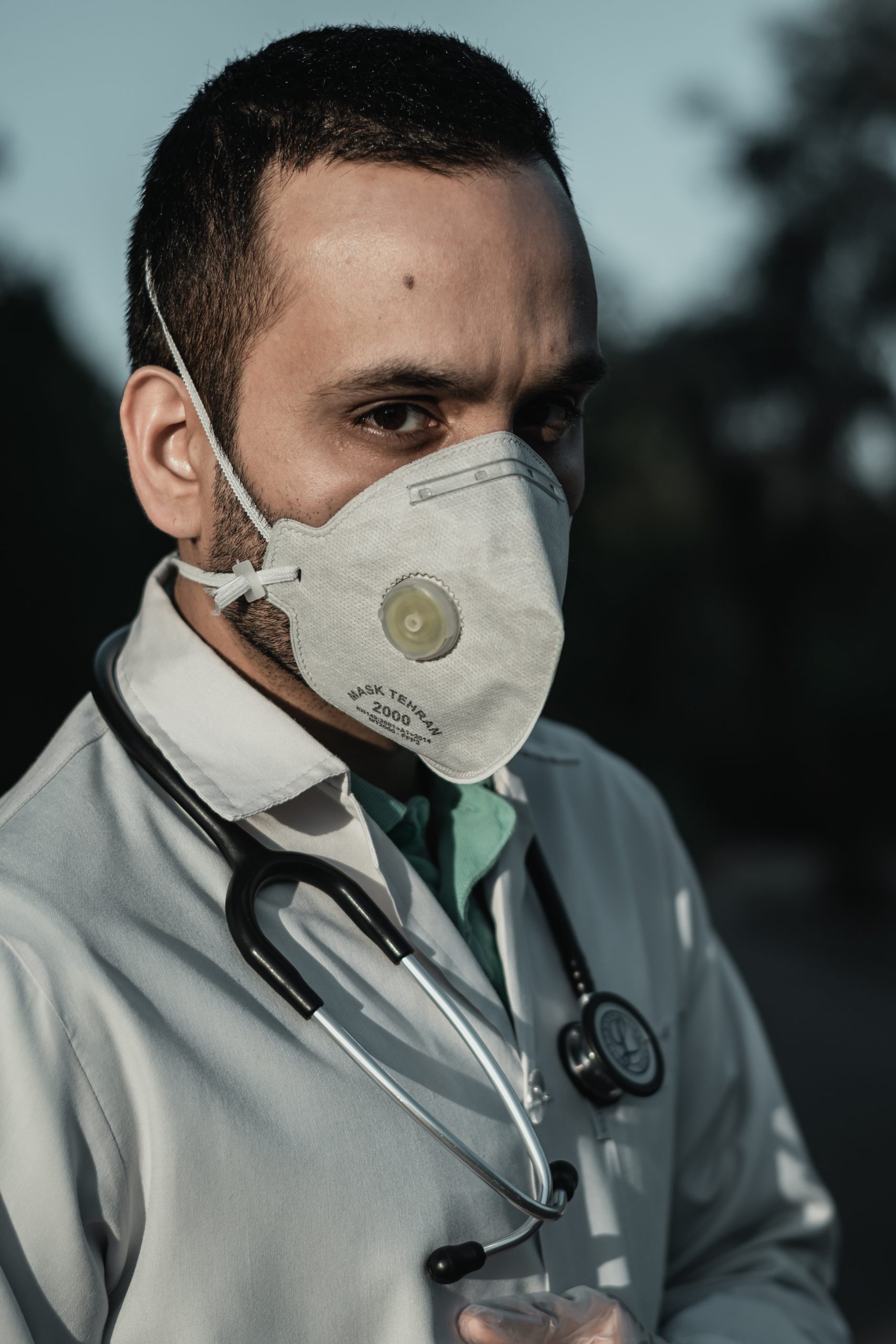As more and more countries struggle with COVID-19’s impact on their population, an increasing number of people are becoming more aware of how their daily habits directly affect their chances of contracting the virus. People who have immunodeficiencies, such as individuals with underlying conditions like diabetes and those who are over 60 are at most risk from contracting COVID-19. Fortunately, it is easy for a household to implement most preventative measures.
One of the most effective ways of stemming the transmission of this virus is through social distancing. This is when individuals refrain from gathering in large numbers, or frequenting places with crowds. Because a coronavirus is transmitted mainly through direct contact, minimizing the chances for it will result in fewer infections.
Everyday Precautions
According to the Centers for Disease Control, one of the best ways to prevent the spread of the virus is through regular, proper handwashing with soap and water. For handwashing to be effective, it should last for at least 20 seconds. The CDC has released guidelines on how to wash hands, as well as resources that explain why this is the best way to mitigate the spread. There are even videos and visuals made for younger people and children to understand the importance of handwashing.
Other measures such as blowing one’s nose into a piece of tissue, covering one’s mouth when sneezing, and refraining from touching one’s face or public surfaces are also good practices. When outside the house, keep to essential tasks like buying groceries, and maintain a good distance from other people at all times.
Stock Up on Essentials
Households should minimize trips to the grocery store by getting enough food to last one or two weeks. If taking medications, inquire about the possibility of getting a large amount of prescription medication in one go. For some hospitals and pharmacies, this is not possible, though they provide the option of mailing the medicine on the date these are needed.
Cleaning or disinfecting things brought in from outside helps prevent the disease’s spread as well. According to research by the Johns Hopkins School of Medicine, the virus survives for up to three days on plastics and one on cardboard. This means anything from a supermarket is a low to medium risk item for transmitting the virus.
Before bringing in groceries, people must wash or wipe the packaged items with a water and bleach solution. Using warm running water and soap on fresh produce is also advisable.
What to Do in Case of an Outbreak
A local outbreak of COVID-19 can last anywhere from weeks to months. When there is a confirmed spread in your community, residents in the area must take even stricter measures toward preventing the spread of the virus. Self-isolation is extremely important at this time.
Local public health officials would be the best persons to gauge how much social distancing a place needs. Since there are so many conflicting opinions from government officials, following the standard of medically trained professionals would be the safest way to go.
A person experiencing COVID-19 symptoms should immediately notify their healthcare provider. It is preferable that they get in touch with the doctor through a phone call, as if they are indeed infected with the virus, this helps the facility prepare to receive them and keep them away from non-infected patients in the hospital.
Conclusion
The COVID-19 pandemic is an urgent healthcare issue that everyone should prioritize. People’s actions in the early stages of an outbreak greatly affect the outcome as well as the capacity of the healthcare system to accommodate patients. As always, prevention is better than cure.
Stay updated with the latest news in the healthcare industry with Dose of Health.


















